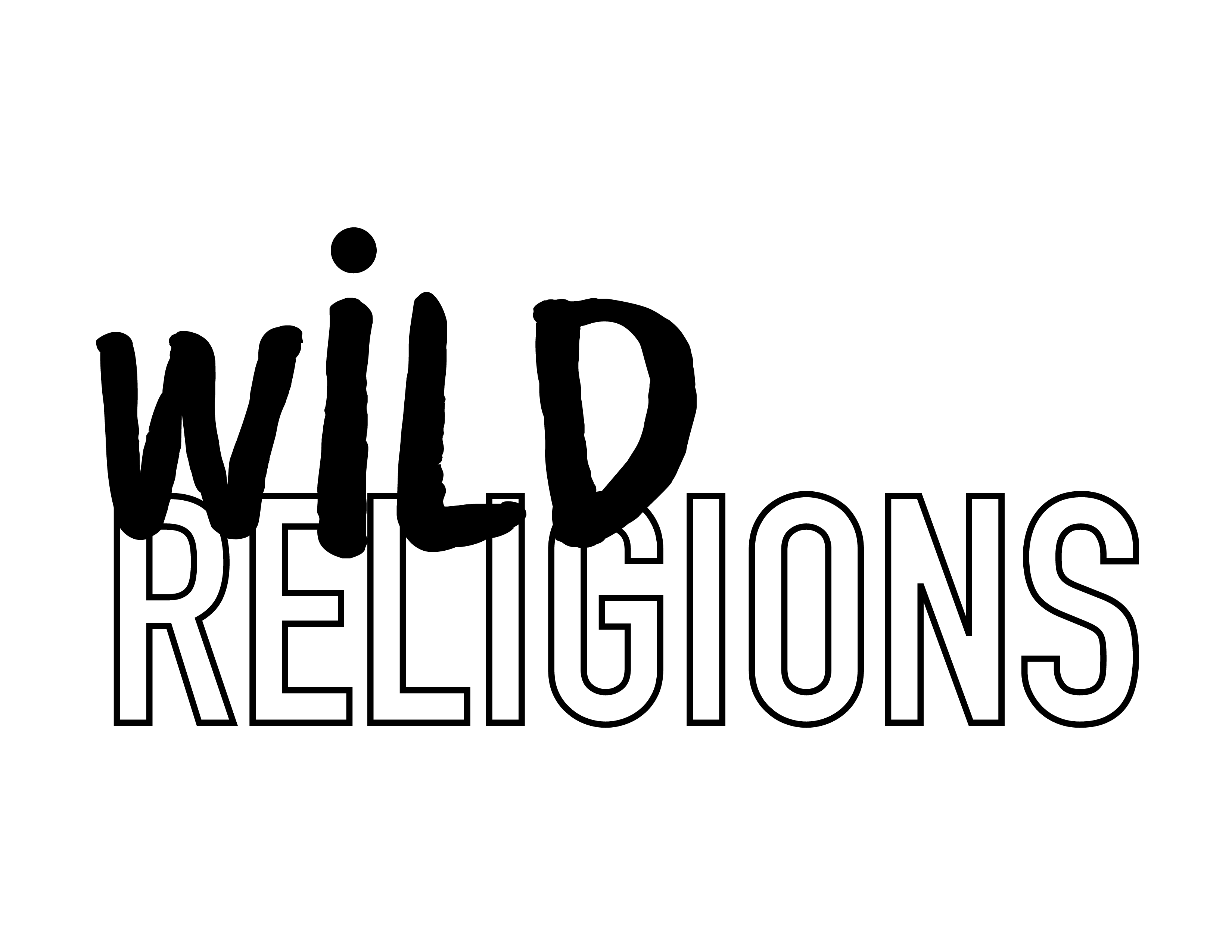The Comparative Study of Wild and Doctrinal Religion
Overview
By comparing how wild and doctrinal religious traditions differently influence social behaviours, trust networks, and cooperation, we aim to understand whether these ancient forms of spirituality originally evolved because they provided tangible social benefits, or whether they emerged as incidental by-products of human cognitive capacities. Our findings will provide insights into how these enduring psychological elements of wild religion can potentially be utilized to promote social integration, cooperation, and cohesion in modern, culturally diverse societies.
Strand 1: The Epidemiology of Ritual Syndromes
Research Team: Ali Giritlioglu and Harvey Whitehouse
Our project explores how diverse religious practices, including informal or “wild” traditions—such as shamanism, healing rituals, ancestor worship, and local spirit beliefs—spread alongside organized religions. We are analysing a comprehensive dataset of nearly 700 rituals from cultures worldwide, each described in terms of their function, structure, and social context. We enrich this data with additional details about each society’s environment, political structures, and linguistic heritage. Using sophisticated computational methods—including clustering to find natural groupings among rituals, machine learning classification to predict ritual functions, and language-processing techniques to study ritual syndromes—we explore how informal traditions differ from structured, organized religions in their organizational features and social consequences

Photo Credits: Shuttershock
Strand 2: Moral Dimensions of Wild and Doctrinal Religions
Research Team: Lukas Reinhardt and Harvey Whitehouse
How is wild religion manifested in modern societies? And can the elements of our evolved psychology expressed through wild religion be harnessed to promote cooperation and social cohesion?
To answer these questions, we use both existing large-scale data sets such as the World Value Survey and the World Relationships Survey and new data covering 12,000 participants from 40 cultural groups that capture religious beliefs, social relations and value systems in modern societies. We aim to establish which elements from wild and organized religion complement each other, both on an individual level – for instance when an individual believes in key aspects of the doctrine of an organized religion but also in local supernatural agents such as spirits – and on the societal level. We also analyse whether wild religion can foster relational ties and cooperation on the local level complementing organized religion which often strengthens categorical ties and cooperation with the religious ingroup. In order to answer these questions, we employ econometric methods that allow us to compare adherents of wild religion, adherents of organized religion, and non-religious individuals who are apart from their religious beliefs as similar as possible.
Finally, we also analyse whether the traces wild religion has left in our psychology can be harnessed to foster group cooperation for instance in speeches by political leaders who include appeals to various moral values as well as ritual, instrumental, and quasi-instrumental appeals in their speeches.

Photo Credits: Shutterstock

Photo Credits: Shutterstock
Strand 3: The Domestication of Wild Religion
Research Team: Harvey Whitehouse, Alan Covey, and Pieter Francois
This research strand explores how the social consequences of religion change with the rise of empires. Do they become more focused on otherworldly goals? Do they become more universalistic and encompassing? Does their relationship to power structures change, and if so, how?
To answer these questions, we are assembling a sample of ten world regions spanning the Americas, Africa, Oceania, Europe, and various subdivisions of Asia. In each world region we are collecting information on key features of wild and doctrinal religious belief and practice in two polities: one of the major empires to have emerged in or spread to that world region and one of the polities of the states in that world region which was present immediately before the empire arose from it or spread to engulf it.
Our main focus is on how the social consequences of religion change during imperial transitions. Do they become more focused on otherworldly goals? Do they become more universalistic and encompassing? Does their relationship to power structures change, and if so, how? The results of this research will be published by De Gruyter in a substantial volume covering twenty imperial transitions using data from forty polities in world history.

Photo Credits: Harvey Whitehouse
